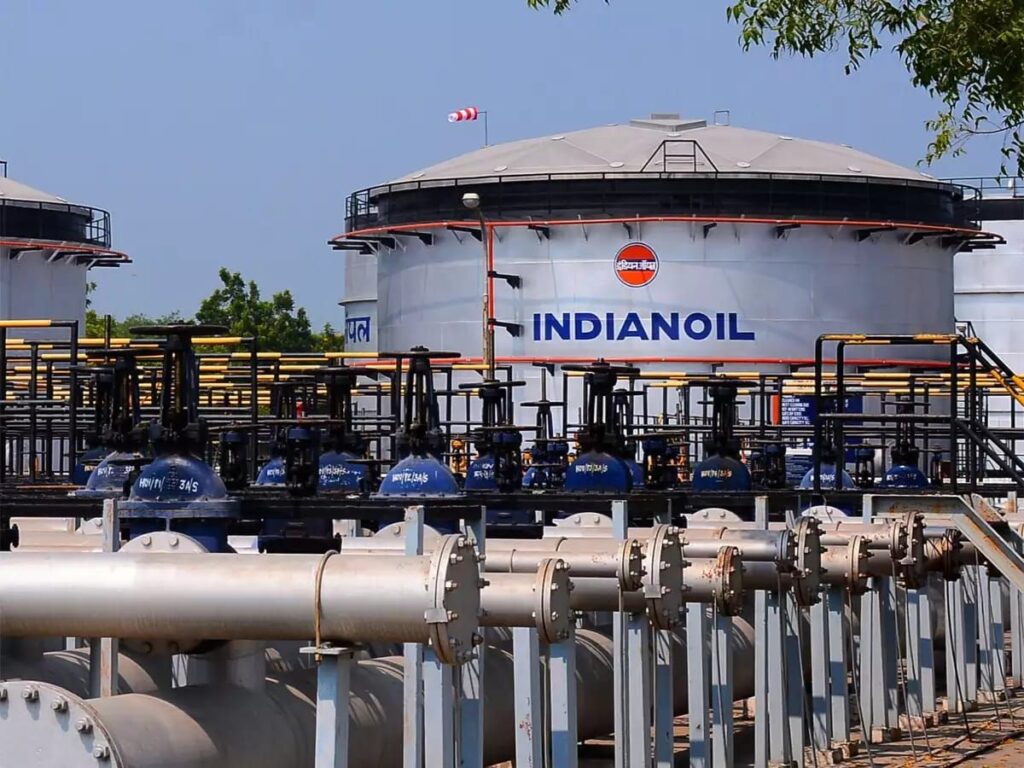
In a move that signals shifting tides in global energy politics, India’s state-owned oil refiners are quietly dialing back on Russian crude purchases amid mounting diplomatic and economic pressure from the United States. The recalibration, while not publicly acknowledged as a policy shift, marks a significant turn in India’s energy diplomacy — one that could reshape trade flows across continents.
The Tipping Point: Tariffs, Tensions, and Trade
The latest catalyst? A cocktail of geopolitical tension and economic penalties. With Washington ramping up tariffs on key Indian exports, the message has become unmistakably clear: continued deep energy ties with Moscow will carry a cost.
According to insiders, top Indian refiners like Indian Oil Corporation (IOC) have paused spot purchases of Russian Urals crude for October-loading cargos. These refiners are now in a wait-and-watch mode, seeking formal guidance from the government before proceeding. But the undercurrent is undeniable — the world’s third-largest oil consumer is being nudged to pivot.
A Global Game of Supply and Strategy
What’s at stake is more than just a few cargoes of crude. India had emerged as Russia’s second-largest buyer of oil after China, taking advantage of steep discounts offered post-Ukraine conflict. Now, with that bargain pipeline slowing, the dominoes could fall across oil markets.
Expect increased demand from India for alternative barrels from the United States, the Middle East, and Africa. Traders are already bracing for tighter supplies and potential price movements, particularly in light sweet crudes.
Recalibrating Without Saying It
What makes this shift fascinating — and telling — is its subtlety. There’s no official announcement. No overt declaration. Just a silent drift, orchestrated through paused tenders, deferred deals, and recalculated bids. It’s diplomacy done through procurement strategy.
India, which has prided itself on a multi-aligned foreign policy, is once again walking the tightrope, ensuring energy security while avoiding diplomatic fallout. The stakes are high: energy affordability, inflation control, and geopolitical leverage are all in the mix.
India’s Energy Future: A Balancing Act
India has long balanced its foreign policy across power blocs — buying Russian oil while deepening ties with the West. But as pressure builds, New Delhi’s decisions in the coming months could define its position in the new global order.
Will India diversify decisively and reduce reliance on Russian crude? Will U.S. sanctions force a more formal pivot? Or will energy pragmatism prevail, with India continuing to play all sides?
It isn’t just a story about oil. It’s about power, priorities, and pragmatism in a world where diplomacy is increasingly conducted not just in boardrooms, but in barrels.
India’s pause on Russian oil isn’t just a pause. It’s a message. A movement. And possibly, a masterstroke.
